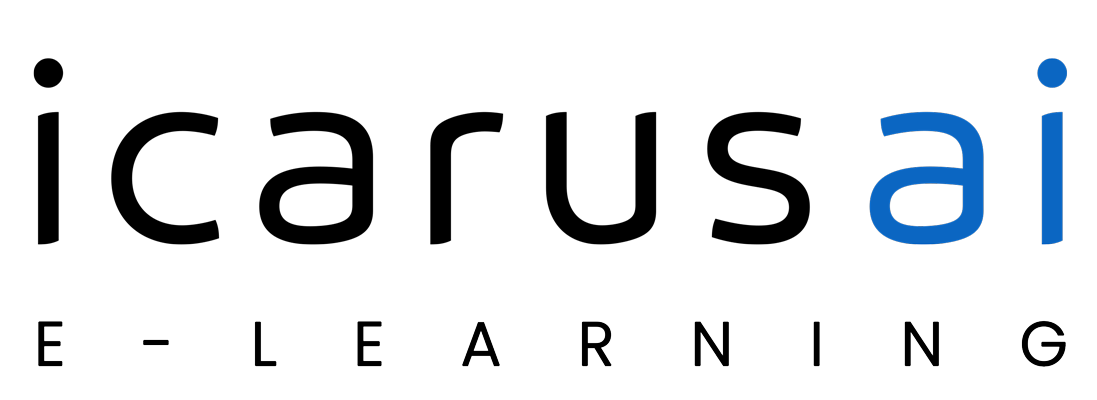Traditional E-Learning transforms to Long Live Adaptive Intelligence.
For decades, e-learning served a basic function: digitizing the textbook. We built sophisticated Learning Management Systems (LMSs) that moved static content online, offering convenience but failing to address the core problem in education: the “one-size-fails-all” model. This archaic approach, rooted in the Industrial Age, is the single greatest threat to global talent pipelines.
The old definition of e-learning (EdTech 1.0) meant: Passive consumption, high dropout rates, and zero measurable adaptation. Companies and institutions invested billions in platforms that essentially served as digital dumping grounds, resulting in compliance checks rather than true skill development.
The EdTech 3.0 Leap: The Age of Adaptive Intelligence
The progression of EdTech into its third generation is not an incremental update—it is a fundamental paradigm shift powered by Artificial Intelligence. AI transforms the learning mechanism from passive delivery (reading a digitized PDF) to adaptive, verified competence acquisition.
This shift is crucial for Fortune 500 companies, IGOs, and NGOs alike, as it directly solves the highest-impact challenges identified globally:

Why Organizations Must Lead the AI Education Transition
As experts in organizational scale and ethical governance, we see three non-negotiable reasons why the transition to AI-driven EdTech is a strategic imperative:
- Managing Talent Risk (The Skills Gap): The world is undergoing a technological transformation that requires continuous upskilling. Companies cannot wait for academic cycles to catch up. AI platforms provide the agility to rapidly train employees in critical areas like cybersecurity, advanced data analytics, and ethical AI governance, ensuring the workforce remains competitive.
- Operationalizing Global Equity (The UN Mandate): For global organizations and development partners (like the UN Global Compact), AI is the only way to operationalize equitable access (SDG 4) at scale. By deploying solutions with WCAG 2.2 AA accessibility and multilingual capabilities, organizations ensure their knowledge and standards reach every community, regardless of the Digital Divide.
- Building Trust Through Ethical Compliance: AI in education carries risks (Bias, Privacy). EdTech leaders must prioritize ethical AI governance. Platforms built by organizations committed to the UN Global Compact principle of ethical conduct provide a verifiable layer of trust necessary for securing contracts with risk-averse governments and IGOs.
The future of e-learning is not about digitizing the past; it’s about using intelligent systems to engineer human potential. This is the only path to a sustainable, equitable, and intelligent future.

